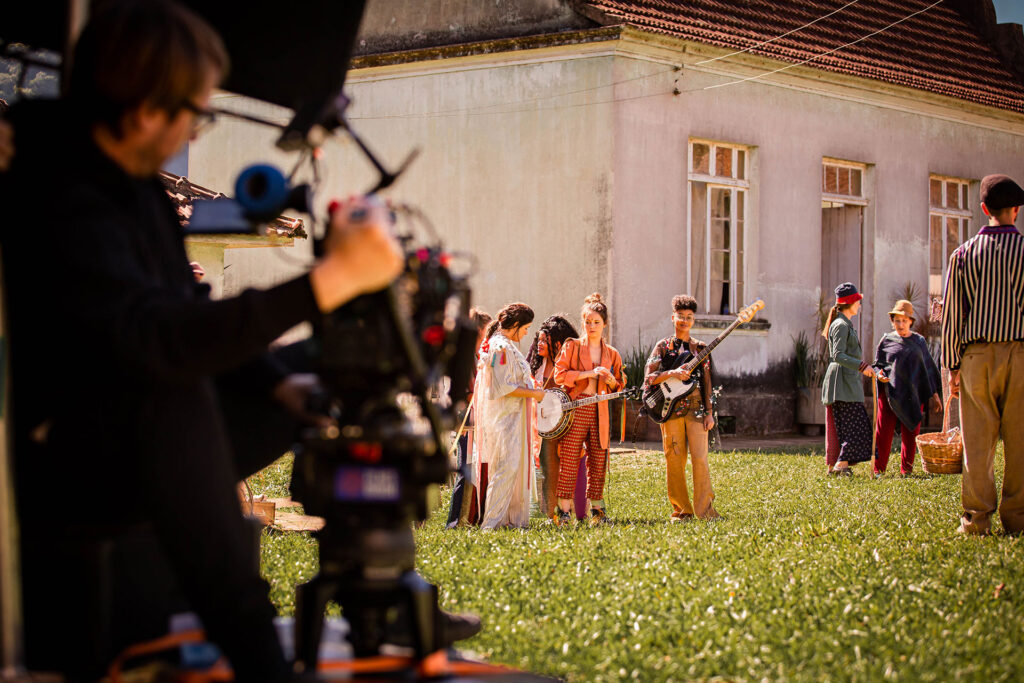ABOUT US

Santa Cruz Film Comission is an agency that operates in a public-private partnership dedicated to promote the audiovisual sector in the city of Santa Cruz do Sul, propelling the economic, touristic and cultural development.
It works on the strategic management to attract audiovisual productions (movies, series, TV commercials, video clips, photo shoots, among others), offers services, incentives and personal assistance to meet the demands of production companies that wish to record their material in this region.
Bring your production and be part of our story.
GET TO KNOW SANTA CRUZ DO SUL
Strategically located, the City is situated approximately 150 km from the capital of Rio Grande do Sul, Porto Alegre, in Rio Pardo Valley.
With a diverse economy and known to be a progressive city, Santa Cruz do Sul has an estimated population of 133,000, and stands out when it comes to quality of life.
It offers a complete infrastructure, with hotels, restaurants, bars, hospitals and a variety of leisure options. In the economic aspect, it shows itself as an important industrial and agricultural hub, besides having a diverse service sector, providing extensive professional opportunities.
In addition to the traditional festivals, the City is also home to cultural and social events and national sports tournaments. Santa Cruz do Sul is a real treasure in the south of Brazil.
With its welcoming atmosphere, breathtaking landscapes and a rich history, the City enchants all visitors, whether they choose to enjoy the festivities, explore the natural wonders or simply live a life full of opportunities.
Santa Cruz do Sul is a must-see destination.
FILM IN SANTA CRUZ!
HISTORY
In the 19th century, Santa Cruz do Sul was a district of the city of Rio Pardo and it received its firsts inhabitants in 1849, from Germany. These settlers received lands from the province government through the immigration incentive law.
The Town had to be built practically from scratch, and its population was mainly made up of farmers and craftsmen who explored their lands independently, in family structures, or hiring help, avoiding slave work. In addition to the houses, schools and churches were built, what allowed the preservation of the traditions, religion and culture of the settlers, adding to the quick development of the community.
Due to the hard-working nature of the population, the Town quickly prospered. During this period, tobacco had already become an important agricultural product. The province government imported seeds for distribution, allowing the settlers to obtain an income and pay off their debts from land purchase. Subsequently, this activity led to the installation of big factories, consolidating the Town as an important global hub for production and distribution of tobacco to this day.
Santa Cruz became one of the most prosperous settlements in the south of the country, and in 1978 became an independent town. Today, the City is in constant expansion and offers all the services of a big city.
